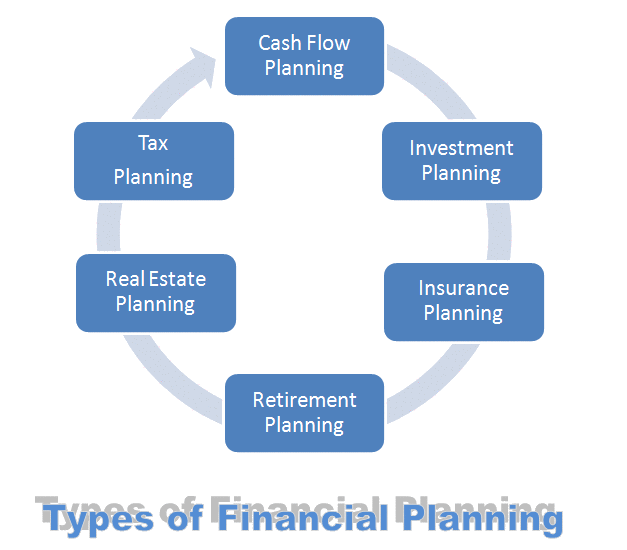Rejection is a harsh word, but it is a reality in the career world. We all have faced job rejection at one point or the other and have never felt good about it. After all, it means the preparation of many days or years going down the drain, especially when you believe you are qualified and eligible for the position.
However, as per experts, every negative situation has an aspect of positivity, and job rejections are no different. There are undoubtedly practical ways to turn these rejections in your way. Let us walk through them in detail.
Top 8 – Ways to Turn a Job rejection To Your Advantage
Read best work from home jobs for moms with no experience to enhance your knowledge. You will succeed, whether you have just graduated or are looking for your next step in your career. It will happen at some point. Meanwhile, here are some pointers to help you get started. Refresh your interview skills and keep these ten tips in mind, and you’ll be a hiring pro in no time. Let us look into the ways how to use your job rejection to your advantage below.
Rejection is Not Everything
Though easier said than done, it is advisable not to dwell over the rejection for a long time. Remember, time is valuable, and there is no point in spending it on thinking about why you did not get the job.
In fact, as per experts, you should not spend more than five minutes thinking over the rejection. Move on and get ready to wage a new war to get a job.
Detailed Feedback Matters
Another critical point to consider is to request your hiring manager for detailed feedback if you want to bounce back after rejection. The feedback can help you identify your shortcomings and the mistakes you committed during the interview process. This will definitely lend you a helping hand in getting better prepared for your subsequent interviews.
Also, asking for feedback reflects you in a positive frame before the hiring manager, who may even recommend you further for new postings.
Reflect and Review
The next stage is to reflect and review the feedback given and implement the learning to make improvements. Think about the feedback, read it multiple times, and look for your positive and negative points mentioned in the input.
Reviewing the feedback would ensure that you work well on your positives and try to eliminate your negatives. Also, if the reason given for your rejection is valid in the feedback, such as you lacked a particular skill set, you can work to learn this skill. On the other hand, if the reason is not valid enough, such as your GPA score is low, there are always chances for a turnaround.
Building a Personal Development Plan Always Works
After getting the feedback and reviewing it, the next step is implementing the learnings to build a personality development plan. This plan should prioritize addressing the reason behind rejections. Also, the plan should include information about what your weak points are and how to overcome them.
This would help you to seek relevant solutions to address the problems, such as talking to a career coach or a mentor. The coach or mentor can help you make use of techniques you may be unaware of that may go a long way in getting other good jobs in the market.
Filter Your Job Search
There may be some chance that the job role may not be suitable for you, which may be reflected in the feedback. Thus, refining your job search and looking for skill sets where you might adjust well is advisable.
Ask questions such as did the job role meet your expectations? Would you have been able to justify yourself if you had been selected for the job? Did you encounter any keywords during the interview that reflected that the job was not suitable for you? Answers to these questions would assist you in searching for a better job for which you might be the best candidate.
Focus Well on Your Strengths
Rejection does not mean that you do not have any strengths to boast of. The need remains to only reevaluate the vital points that could help you in moving forward in the career field.
Focusing well on the strengths and working to highlight them can help you in your future interviews. Thus, identify these points and attend workshops, talk to career coaches, or learn new skills to come back stronger.
Stop Questioning Yourself
You should focus your full concentration to your job search and let go of the most recent rejection. “What if we brought it up in an interview?” We have frequent thoughts. or “What if we succeeded by going above and beyond?” Stop right now! Acting is now required. Don’t overthink it. Keep going!
Investigate the Successful Applicant
Although it may appear weird at first, there is nothing wrong with researching your competition, and LinkedIn makes this process quite simple. The most obvious clue is their new job description, so if you follow the firm, keep an eye out for any new faces. Read about habits of highly successful part-time professionals for your research purpose.
Examine their experience and LinkedIn profile once you’ve located them. They post more frequently than you. Have they participated in any notable volunteer or charity activities? Please do not condemn yourself; instead, capitalize on it. If anything on their page piques your interest, look into refining those skills and exploring your options.
Final Words
Applying to new jobs can be difficult, especially after facing rejection. However, you need to learn and come back to the job arena to get a better new job. Though you may not feel like working on your feedback, implementing the review results can help you overcome the situation. Happy job searching!







